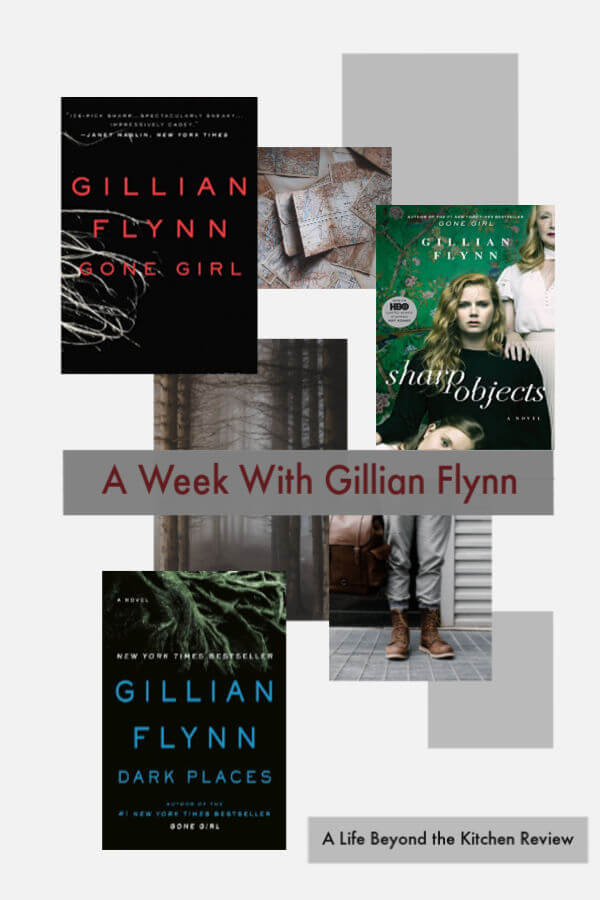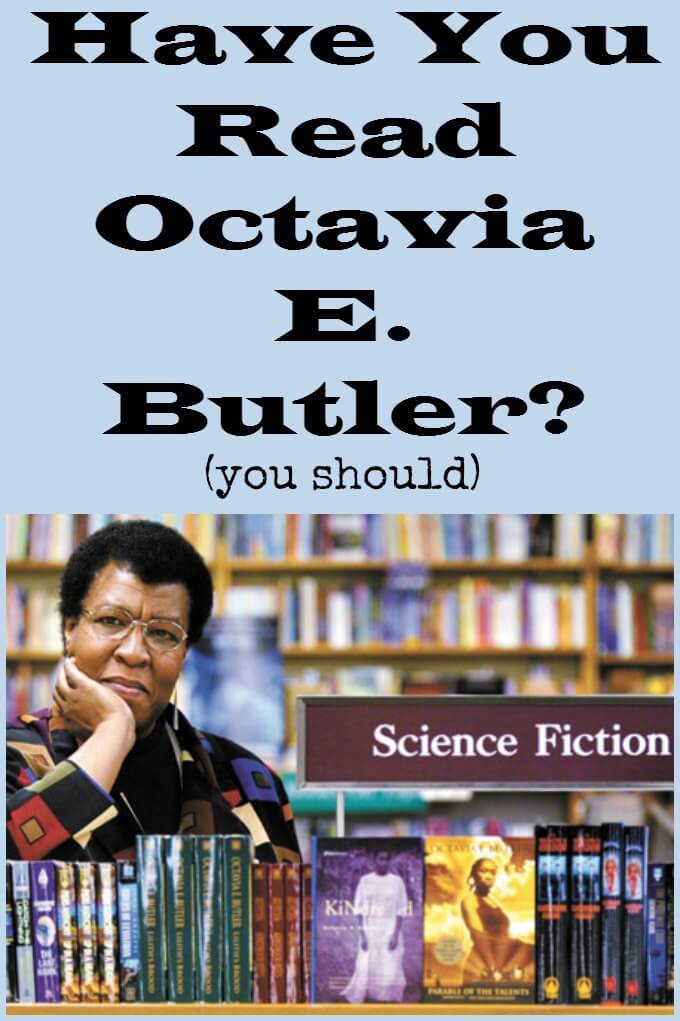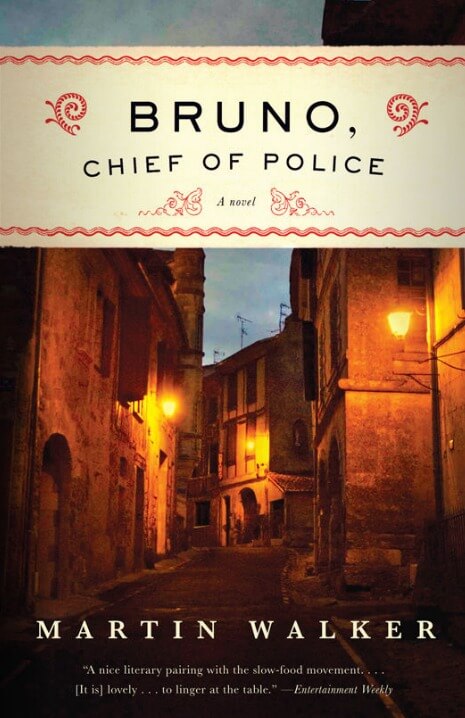A Week With Gillian Flynn
Last Updated on October 30, 2018 by lydiaf1963
Recently I spent a week with Gillian Flynn, a writer of psychological thrillers who will keep you turning the pages until the very end. In my case, after I finished one, I started on another.

If you haven’t read the novels, you’ve probably seen the movies or series that have been developed to bring them to the screen. I’ll talk about these thrillers in the order I read them.
Gone Girl is the story of a marriage gone terribly, horribly wrong. On their fifth anniversary Nick comes home to find his wife Amy is missing. It looks like there’s been some foul play, but as the investigation continues it’s starting to look like Nick himself is responsible for his wife’s disappearance.
The story is told in the first person along with entries from Amy’s personal diary. To hear them tell it, theirs was a beautiful courtship and a supportive marriage but as we move farther into the story we learn that’s far from the truth.
Nick’s character is revealed during his cagey narration and Amy…well, Amy is angry at everyone. Her husband, her parents and the situation she’s found herself in. Someone’s got to pay.
You might have seen the movie starring Ben Affleck and Rosamund Pike.
Sharp Objects is currently running as a short series on HBO starring Amy Adams and Patricia Clarkson. Camille is a reporter for a Chicago based newspaper. Her editor sends her to her hometown to investigate the disappearance of a little girl who later turns up dead. It’s the second murder in the last 18 months and a good human interest story might bring some notoriety to the paper. There’s not much to go on, but it’s starting to look like someone local is responsible.
Camille has good reasons for not wanting to go home. She’s an alcoholic and has recently been released from a psychiatric hospital. She’s the oldest of three daughters. Her younger sister, Marion, died tragically and she has a much younger sister she barely knows. Between her sister’s illness and her mother’s neurosis Camille had a very dysfunctional childhood and she’s been estranged from her family.
Camille’s mother, Adora, is the owner of the town’s largest employer, a hog operation. Despite her wealth and status, she’s always been a tragic figure, especially after the death of her middle daughter. Adora relishes her status in the town but in private she’s a controlling woman.
While digging into the story of the two murdered girls Camille discovers, through gossip and her own observation, that the younger sister, Amma, is the leader of the local “mean girls” and has secrets of her own.
Family dynamics, class differences and small town life all feature prominently.
The third novel I read, Dark Places, was made into a movie starring Charlize Theron and Christina Hendricks.
Libby Day is a survivor of a family massacre. Her brother, Ben, was convicted of the murders based on the testimony she gave when she was seven years old. Almost 25 years later she struggles with daily life. She’s been living on donations but with the passage of time the money begins to dry up.
Desperate for cash, Libby agrees to attend a question and answer session at a local True Crime club where she finds nearly everyone there believes her testimony was coaxed and her brother is innocent. Libby is unconvinced but, motivated by money, she agrees to try to find her father and visit her brother in prison in hopes of better understanding the events of that day.
As the story unfolds in the present there are flashbacks to the day of the murders. Ben’s perspective reveals a lonely teenager frustrated with his family’s poverty. He’s fallen in with a bad crowd and is influenced by his girlfriend. His mother Patty’s story details a woman at the end of her rope. She has four children and farm that is so far in debt she’s no longer scraping by but is being foreclosed upon. In the middle of all this, a couple of younger girls have accused Ben of molesting them and the police investigation seems to show her son has become involved in satanism.
The seven year old Libby is unaware of these things of course but present day Libby discovers that the events of that night did not unfold the way she thought. The storylines both past and present converge in a satisfying finish.
These aren’t happy novels and they’re definitely not for everyone. These are stories of women who were hurt when they were too little to fight back, and their coping methods aren’t healthy. They are, however, well written and compelling. I only put the books down when I had to because I didn’t want to wait to see what happened next.
If you think you’d like to try them I recommend reading Gone Girl first.









